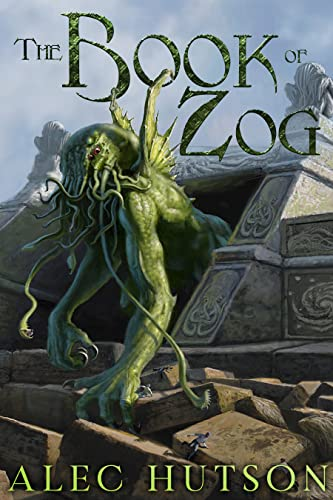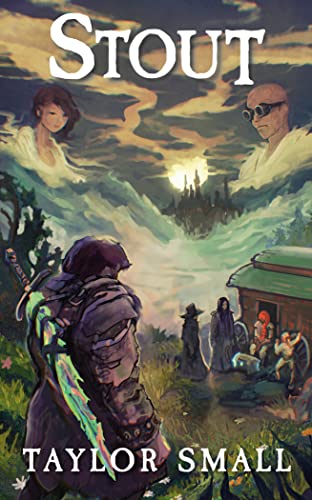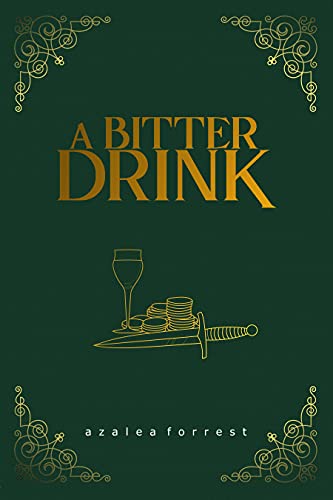Category: Reviews
-

The Book Of Zog by Alec Hutson Review
This is another book suggested to me by u/ASIC_SP and once again, they know their books. I loved The Book Of Zog and I honestly struggle to imagine that anyone wouldn’t. It has it all, a likeable main character, an interesting side cast, imaginative world building, unfathomable cosmic horrors from the deepest voids of space.…
-

Stout by Taylor Small Review
When I was looking for a new book to read, I just couldn’t find anything. All the books that I saw didn’t appeal to me, everything was a bit serious and grimdark all of a sudden. But then I remembered reddit user ASIC_SP, who appears to read about a zillion books a week. So I…
-

A Bitter Drink by Azalea Forrest Review
I wanted to review this book because it was in the same batch as my own in this years SPFBO8. It even scored higher than mine in the initial review round, though both books were marked as semi-finalists. However, neither of them got through as the finalist in the batch. But this book deserves a…